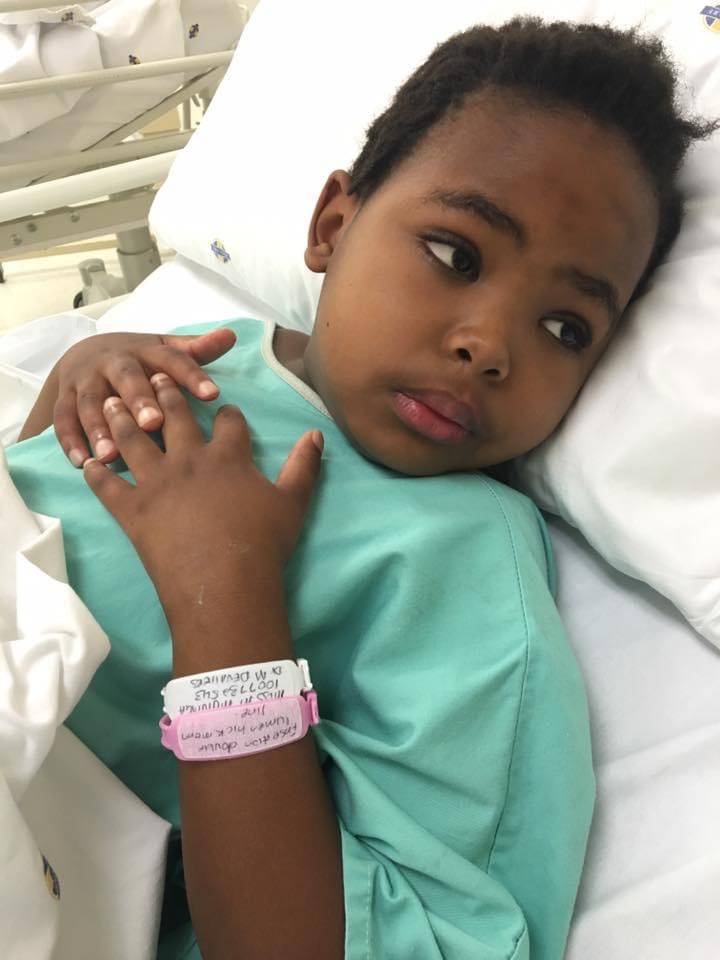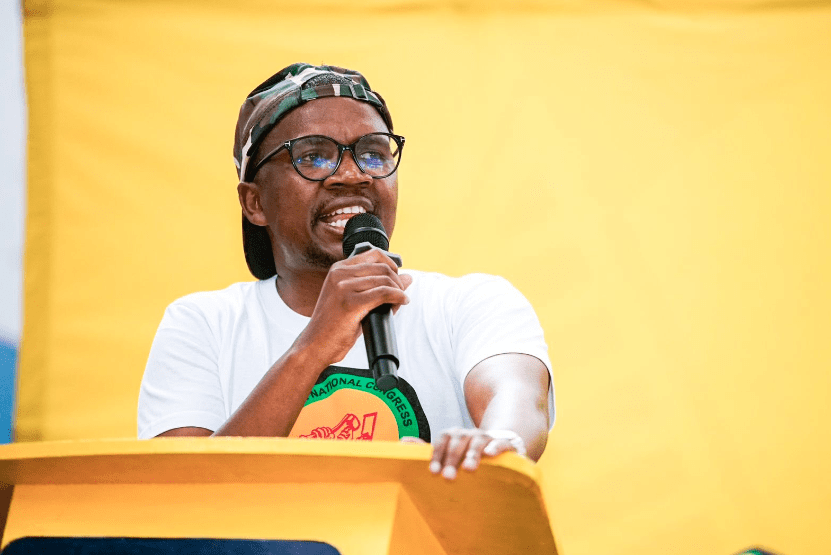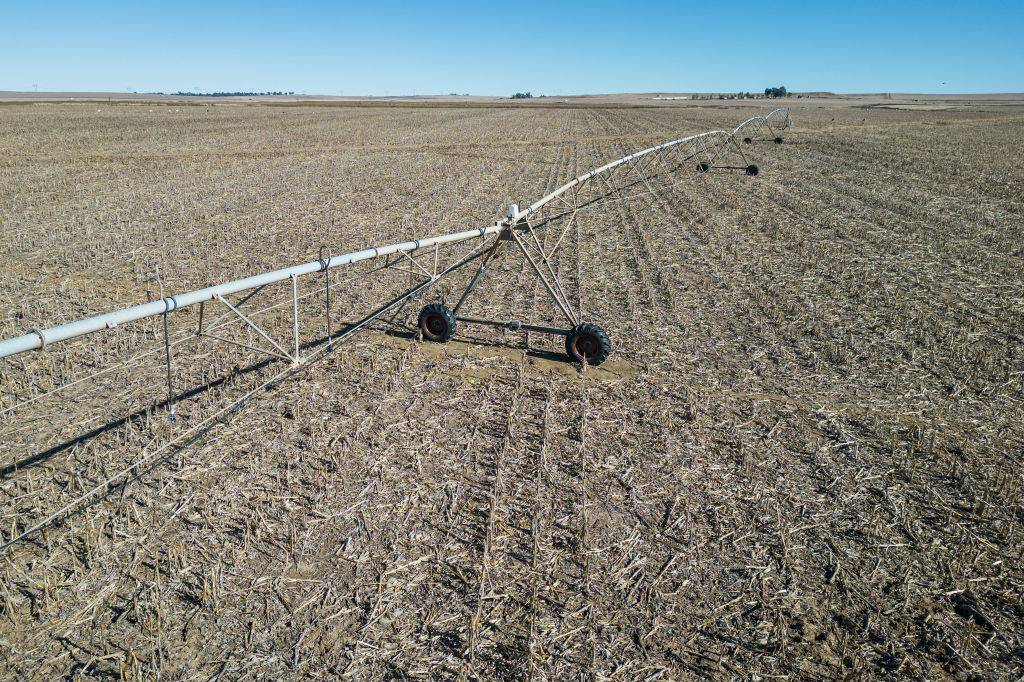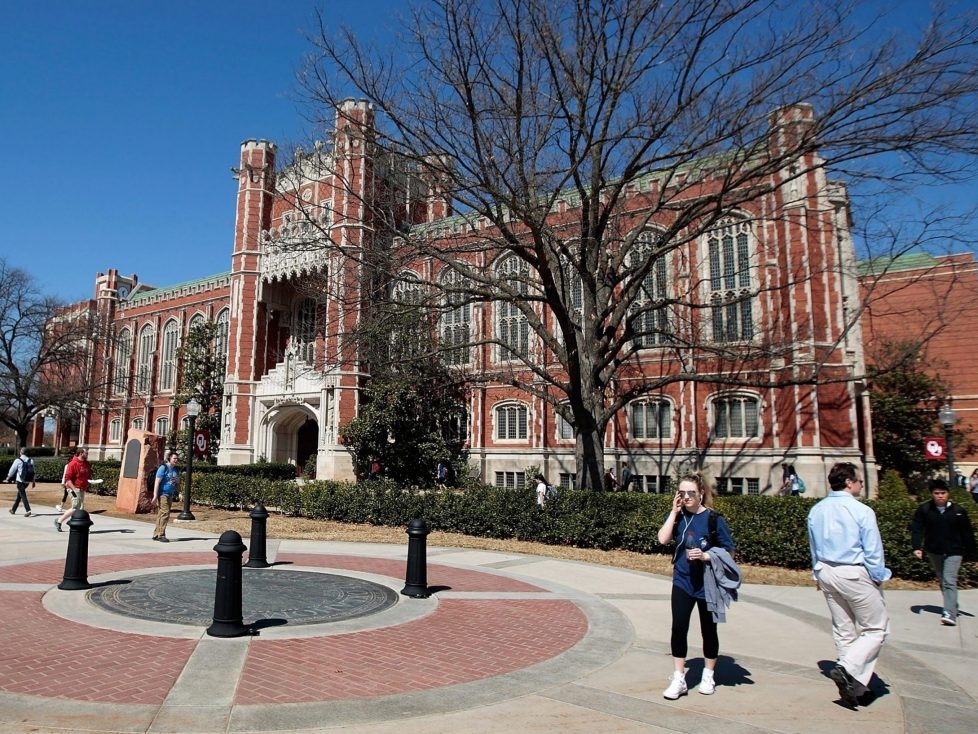Dr Ane Buchner and Sister Edith with Mbali
On 8 March, Mbali Hlela Bulunga, a 12-year-old girl, passed through a portal of pain and went to her peace, after being diagnosed with leukaemia six years earlier. In this series of three articles her mother describes the journey undertaken by her family as they sought to keep hope alive. Read Part 1 here
When a child is born we get a sense of the presence of grace and possibility. We have such high hopes for our children. We want them to have beautiful lives, gloriously beautiful lives, lives that are so much better than our own.
This hope can be interrupted in an instant. Things can happen that you never thought could happen to you, things that had never happened to your friends and family, or anyone that you know. Suddenly your only reference points for what is happening are in books, TV shows and movies.
My little family was sucked into a nightmare in September 2016. Things were already tough, frightening in fact, because in April that year I had been retrenched from a job for which I had been headhunted. The company had decided to disinvest from South Africa.
My brother and his wife, who live in Philadelphia, bought us tickets to visit them during the September school holidays. The trip was days away, my two daughters were bursting with excitement. We had started packing and were looking forward to a two-week escape from the devastating psychological, emotional and physical effects of the retrenchment, which had hit us like a sudden assault.
About two weeks before we were scheduled to leave for Philly my youngest daughter, Mbali, who was six at the time, began complaining of pain in her lower back and her legs. Our GP couldn’t see anything physically wrong and thought that perhaps there was some inflammation. She gave us an anti-inflammatory gel to put on the painful areas. A week later we were back in the GP’s rooms because the pain had worsened. The GP did some blood tests now thinking that perhaps Mbali had early onset arthritis.
On 15 September 2016 our world crashed in on us. We were informed that Mbali had B-cell acute lymphoblastic leukaemia. Cancer had been something that happened to other people, not to us, not to our family. We were told that Mbali’s cancer was not genetic. It was just the blind cruelty of fate, a freakish event where a bad cell was not eliminated by the natural process but rather started multiplying.
We asked the doctors if we could still visit our family to give Mbali — as well as myself and my older daughter, Nandi — some sustenance for the uncharted and possibly perilous journey that lay ahead. We were told that this would be impossible because the two weeks that we would be away would allow the disease to expand and that there was a risk of her bleeding out if she were to suffer an injury or a cut. After months of excitement the trip was cancelled. All our concentration and rapidly diminishing resources were now focused on helping Mbali.

I was still unemployed and had no medical aid for myself and the girls because the savings I had carefully collected over years had to be used to keep us in our home, and fed. Private care was out of the question and so Mbali started her treatment at the paediatric oncology clinic of the Steve Biko Academic Hospital. The northern region of Gauteng has another paediatric oncology unit, the one at Netcare Unitas.
Patients from Mpumalanga, Limpopo, Swaziland, Lesotho and Botswana come to these two units, which are run by the same doctors, David Reynders, Ane Buchner and Fareed Omar, so the medical expertise is the same. They are a team of dedicated doctors, each of whom care deeply and fight for their patients all the way.
The clinic where Mbali began her treatment is professionally run and the nursing sisters there are top class. Mbali began as an outpatient but soon had to be admitted to the paediatric ward. There was a striking and often distressing difference in the quality of care in the paediatric ward.
I grew up in Pietermaritzburg and although I can sometimes follow a conversation in Sotho, Tswana and Pedi my capacity to speak these languages doesn’t reach beyond basic greetings. This provoked hostility from the nursing staff in the paediatric ward.
The situation was compounded by the fact that my chosen sister, whom Mbali considered her second mother, was seen as Indian. She sees herself and lives as a black South African but for the nurses she was an Indian, an interloper.
When we tried to get Mbali admitted to hospital and given a bed the nurses quickly became annoyed, making it clear that this was because I didn’t speak Tswana and an Indian person was part of my family. They ignored us and carried on with their own things and their gossip, with hostile eyes cast in our direction. We were left sitting, unattended. We were eventually able to get Mbali admitted, but not before our diminished standing had been made very clear. The nurses remained surly as the days passed.
One morning I got to the hospital and Mbali was covered in dried blood. I tried to ask a nurse what had happened and was told that she had pulled out her IV line overnight. I asked why the blood had not been cleaned and the linen changed. I was told that I could wash my daughter and change the linen if I wanted to. Fresh linen was summarily thrown on the bed.
After a while my girls’ father, my former husband, put Mbali on his medical aid, Gems. They rushed Mbali’s membership, and she was then able to move to Unitas, which is closer to our home.
Most of the nursing staff were lovely, compassionate people who were always ready to help. At the Unitas paediatric oncology unit parents could sleep in a pull-out chair next to their children. After I dropped Nandi off at school I would sit with Mbali during the day until the evening, when their father would relieve me so I could go home to be with Nandi. I slept at the hospital on weekends.
Despite the exhausting and frightening financial stress, now including a crushing avalanche of debt, I was in a strange way grateful that the retrenchment meant that I could spend so much time with Mbali. My corporate employer would never have allowed this.
On 14 October 2016, a Broviac port was inserted in her chest and connected to a central vein (the J-line) to allow for the chemotherapy to get into her body and for blood tests to be done. Chemotherapy burns the veins and when treatment has to be ongoing it becomes cruel to try to draw blood from veins that are being progressively destroyed. Genetic sequencing showed that Mbali had a rare and high-risk mutation, the Philadelphia chromosome, which makes the cancer more aggressive and generates higher risk of relapse after remission.
Mbali’s treatment progressed in different stages. There were times when we seemed to live at the hospital, then other more spaced-out periods of treatment and then, finally, maintenance during which we were no longer staying at the hospital so much but rather coming in once or twice a week.
Nontobeka Hlela works for Tricontinental: Institute for Social Research and is seconded to the office of the National Security Adviser as a researcher. She writes in her personal capacity.
The views expressed are those of the author and do not necessarily reflect the official policy or position of the Mail & Guardian.





















Discussion about this post